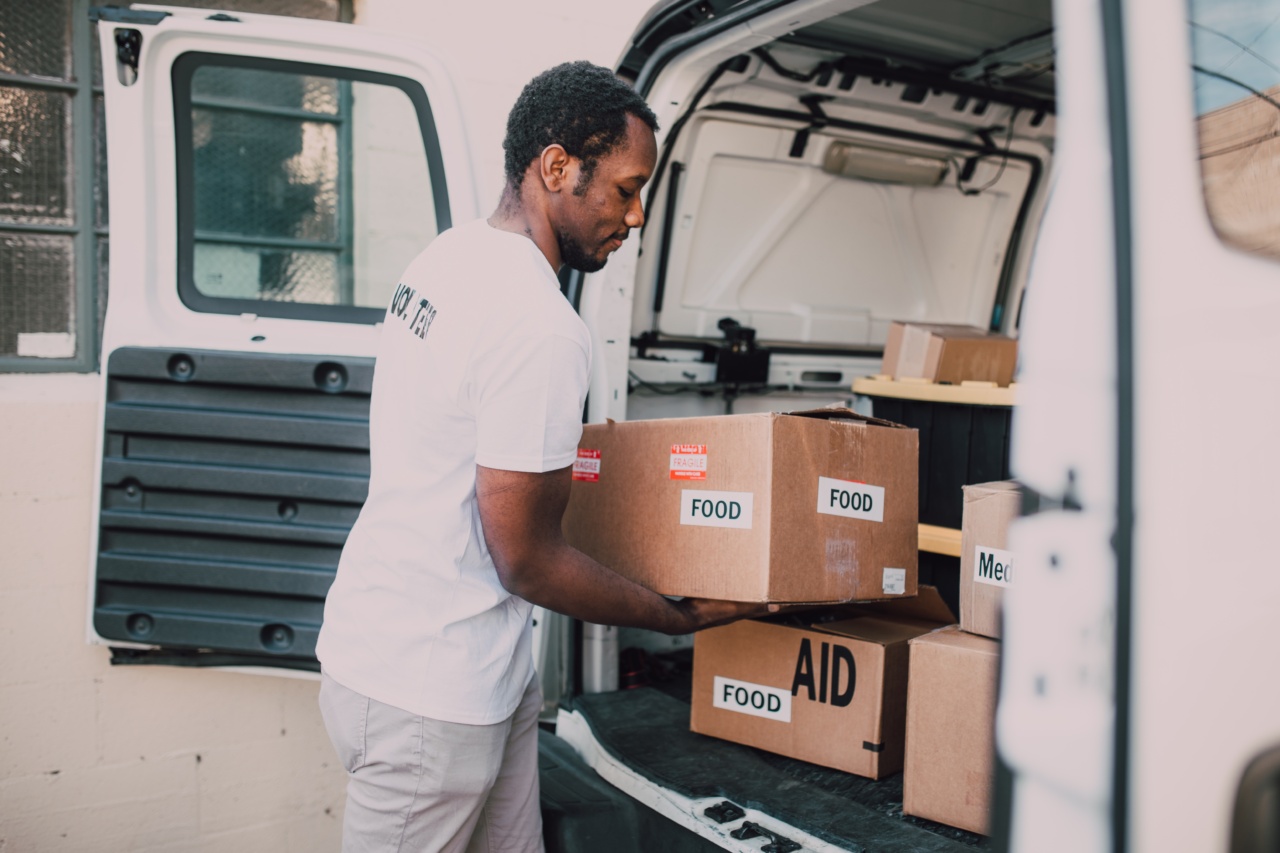Donating blood is a noble act that can make a significant difference in someone’s life. Every two seconds, someone in the United States needs blood, and a single blood donation can save up to three lives.
Blood transfusion is vital for various medical procedures, including surgeries, trauma care, cancer treatment, and managing chronic illnesses. By donating blood, you have the power to provide hope and healing to those in need. Here are some compelling reasons why you should consider donating blood:.
1. Saving Lives
The most obvious reason to donate blood is that it can save lives. Blood transfusions are critical for patients facing life-threatening conditions or undergoing complex medical procedures.
By donating blood, you directly contribute to the survival and well-being of others.
2. Emergency Situations
During emergencies, the demand for blood can skyrocket. Natural disasters, accidents, and other unforeseen incidents often result in a sudden need for blood.
By donating blood in advance, you help ensure that hospitals and blood banks have an adequate supply during these critical moments. Your blood can be the difference between life and death for someone in an emergency situation.
3. Treating Chronic Illnesses
Many chronic illnesses require regular blood transfusions to manage symptoms and improve quality of life.
Conditions like sickle cell disease, thalassemia, and aplastic anemia require frequent blood transfusions to compensate for the body’s inability to produce enough healthy blood cells. By donating blood, you become a lifeline for individuals battling these chronic illnesses.
4. Cancer Treatment
For cancer patients undergoing chemotherapy, radiation, or other cancer treatments, blood transfusions are often required.
These treatments can weaken the body’s ability to produce healthy blood cells, leading to anemia and a compromised immune system. Blood transfusions provide a vital lifeline for cancer patients, helping them recover and build strength throughout their treatment journey.
5. Surgical Procedures
Many surgical procedures, including organ transplants, open-heart surgeries, and complex surgeries, require blood transfusions. Blood is essential during these procedures to compensate for blood loss, ensure proper oxygenation, and promote healing.
By donating blood, you contribute to the availability of safe and sufficient blood supplies for these critical surgeries.
6. Practicality and Affordability
Donating blood is a practical and affordable way to contribute to society. It doesn’t require specialized skills or extensive resources. All it takes is a few minutes of your time and a willingness to make a difference.
Unlike other charitable acts, blood donation doesn’t necessitate a monetary contribution. Your blood is a valuable resource that can directly impact someone’s life without any financial burden.
7. Health Benefits for Donors
Donating blood doesn’t just benefit the recipient—it also has health advantages for the donor. Regular blood donation helps reduce the risk of heart disease, as it lowers high iron levels in the bloodstream.
Additionally, donating blood stimulates the production of new blood cells, promoting overall wellness. It also provides an opportunity for donors to undergo a mini-physical examination, including blood pressure, pulse, and iron level checks.
8. Blood Shortages
Blood shortages are a constant concern for healthcare facilities and blood banks. Despite advancements in medical technology and increased awareness, the demand for blood often surpasses the available supply.
By becoming a regular blood donor, you help bridge this gap and ensure there are enough blood reserves to meet emergencies and ongoing medical needs.
9. Sense of Fulfillment
There’s an immense sense of fulfillment that comes with donating blood. Knowing that you have played a direct role in saving someone’s life can bring profound joy and satisfaction.
It’s a tangible way to help others, make a positive impact in your community, and show compassion towards those in need.
10. Joining a Lifesaving Community
When you donate blood, you join a community of lifesavers. Blood donors are part of a global network committed to ensuring that blood is available whenever and wherever it is needed.
By becoming a regular blood donor, you not only become a crucial part of this community but also inspire others to contribute and make a difference.
Conclusion
Donating blood is a selfless act that has the potential to save countless lives. It provides hope, healing, and a chance at a better tomorrow for those in need.
Whether you donate blood for emergency situations, chronic illnesses, cancer treatment, or surgical procedures, your contribution is invaluable. The practicality, health benefits, and sense of fulfillment that come with donating blood make it a truly meaningful endeavor. Join the community of lifesavers and make a difference today by donating blood.

























